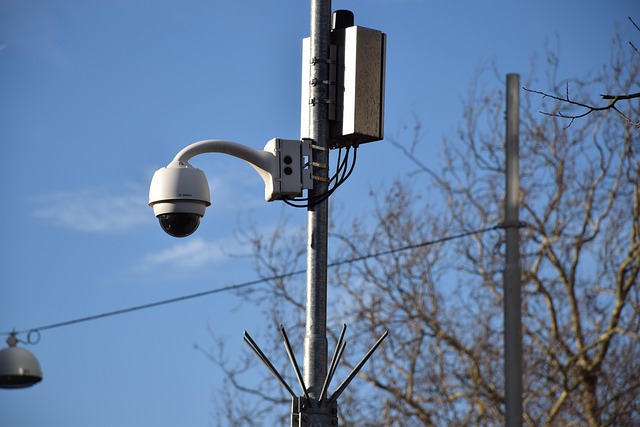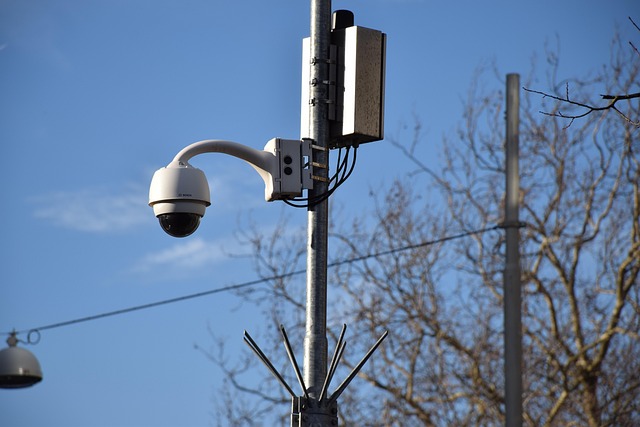College students seek independence and social connections, requiring student living tips to balance academic demands with personal growth. Respecting privacy is key to fostering an inclusive environment, with institutions offering tailored housing, study spaces, and support systems. In the digital age, student living tips emphasize balancing online interactions with offline social activities for a holistic college experience while preserving privacy through secure messaging apps and robust social media settings. Open communication, clear guidelines, and access to quiet study areas enhance well-being by managing interaction and focus. Institutions facilitate proactivity through workshops on data protection and online safety, empowering students to make informed decisions about their digital privacy.
In today’s digital age, balancing privacy and college social life presents a unique challenge for students. As they navigate new environments, understanding and prioritizing personal space remains crucial for well-being. This article explores essential student living tips on managing online and offline interactions, ensuring secure connections, and creating safe haven within dormitories. We delve into fostering open dialogue about campus privacy, offering valuable insights for students seeking to thrive academically while safeguarding their personal boundaries.
- Understanding Privacy Needs of College Students
- Balancing Online and Offline Social Engagement
- Utilizing Technology for Secure Student Connections
- Building Safe Spaces within Dormitories
- Fostering Open Dialogue on Campus Privacy
Understanding Privacy Needs of College Students

College students enter a new phase of their lives, characterized by increased independence and a surge in social interactions. Understanding and respecting their privacy needs is essential for fostering an inclusive environment. Many students value their personal space and time as they navigate academic pressures, explore new interests, and form diverse friendships.
Student living tips often emphasize creating a balance between engaging in campus activities and preserving alone time. Privacy allows students to recharge, reflect, and maintain their sense of self. Recognizing this aspect is crucial for colleges to provide suitable housing options, study spaces, and support systems that cater to the varied needs and preferences of their student body.
Balancing Online and Offline Social Engagement

In today’s digital age, students often find themselves caught between the allure of online interactions and the richness of offline social activities. Balancing both is an art that student living tips can help navigate. While connecting with peers over social media and online platforms offers convenience and accessibility, it’s essential to prioritize face-to-face engagements for a holistic college experience.
Students should strive for a harmonious blend, using technology as a tool to enhance offline interactions. For instance, utilizing group chat apps to organize events or study groups can save time and ensure better coordination. However, making an effort to attend clubs, sports teams, or community activities allows students to build meaningful relationships, discover shared interests, and develop valuable social skills—all while maintaining a healthy sense of privacy and personal space.
Utilizing Technology for Secure Student Connections

In today’s digital era, technology offers a multitude of ways for students to connect and engage in social activities while maintaining privacy. Secure messaging apps and social media platforms with robust privacy settings allow students to communicate and share experiences without compromising personal information. These tools enable like-minded individuals to form groups based on shared interests, be it academic clubs, sports teams, or cultural organizations.
By utilizing these student living tips, colleges can foster a sense of community while empowering students to manage their online interactions securely. This balance is crucial for overall well-being and satisfaction during the college experience, ensuring that social connections thrive without sacrificing privacy in the digital landscape.
Building Safe Spaces within Dormitories

Creating a safe and private space within dormitories is essential for students’ well-being, especially as they navigate new social environments. Dormitories offer a unique opportunity for students to foster friendships and engage in various extracurricular activities, but maintaining privacy can be challenging. One effective strategy involves implementing design elements that promote both comfort and seclusion. For instance, using curtains or dividers in shared common areas allows residents to create designated personal spaces while still enjoying the benefits of communal living.
Student living tips can include encouraging open communication among roommates about their needs and boundaries. Establishing clear guidelines for respecting privacy during social gatherings or study sessions ensures a harmonious environment. Additionally, providing access to quiet study areas within the dorms enables students to focus without compromising their social lives. These measures contribute to a balanced college experience, where students can freely interact while maintaining healthy boundaries.
Fostering Open Dialogue on Campus Privacy

In today’s digital age, college students often grapple with balancing their privacy and engaging in vibrant campus social activities. To foster a healthy environment, it’s crucial for institutions to encourage open dialogue on privacy matters. Student living tips include being proactive; many colleges now offer resources and workshops dedicated to educating students about data protection and online safety.
By actively participating in these discussions, students can better understand their rights and the potential risks associated with sharing personal information. This knowledge equips them to make informed choices while still enjoying the social aspects of college life without sacrificing their privacy.






